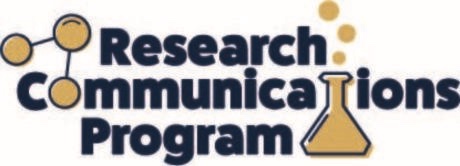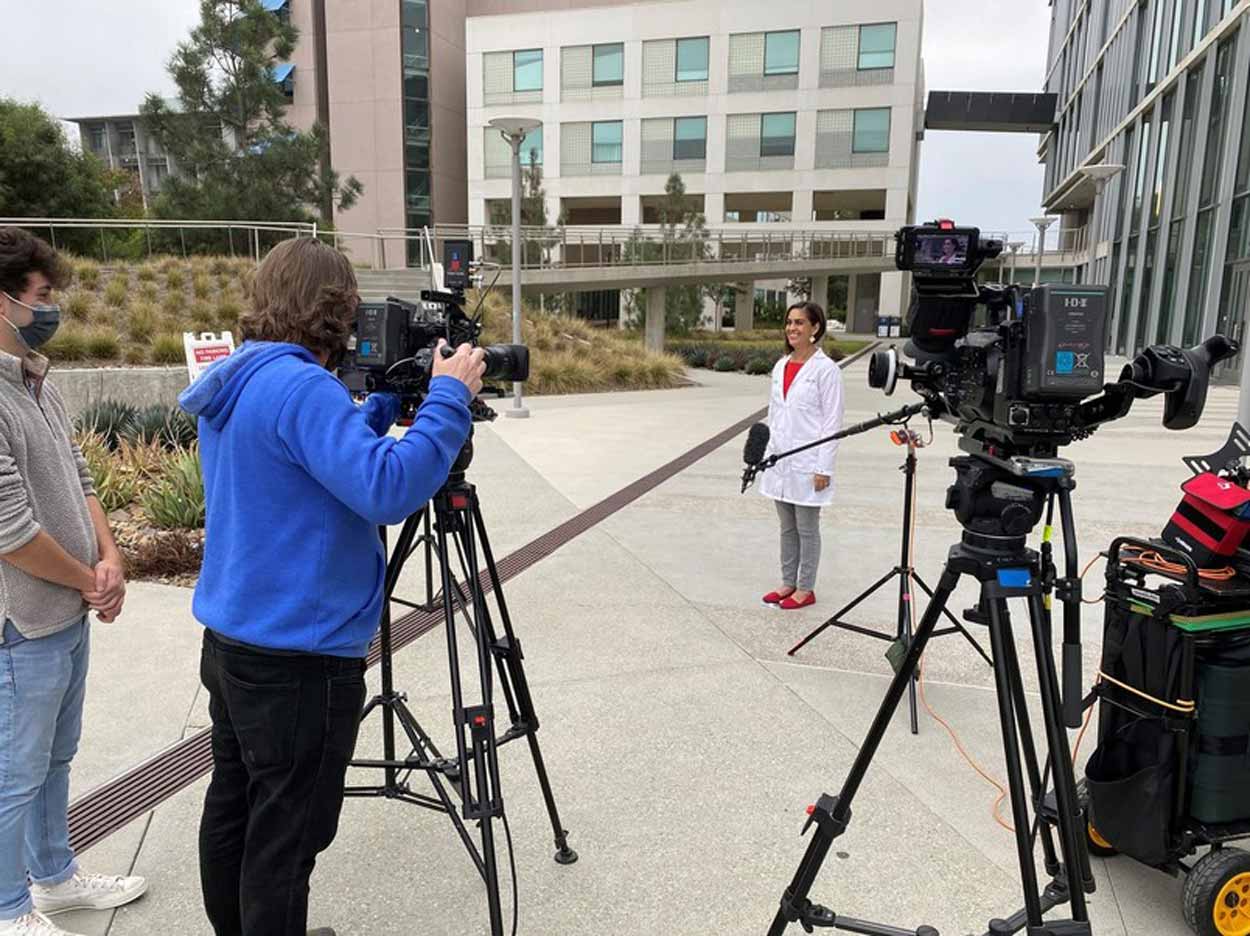
Welcome to our new class of Biological Sciences PhD students!
The new students were introduced at the School of Biological Sciences/Salk Institute retreat in Lake Arrowhead.

The new students were introduced at the School of Biological Sciences/Salk Institute retreat in Lake Arrowhead.

Distinguished Professor Eduardo Macagno, the founding dean of Biological Sciences, sadly passed away on September 25, 2023. A distinguished researcher in neural development and neural regeneration, he was recognized across disciplines and regarded for his contributions to science, academia and EDI initiatives. A university in memoriam article and other details on recognizing his life are pending.

As part of Innovation Day 2023, UC San Diego spotlighted Rachel Kandel, a recent Biological Sciences graduate and current postdoctoral scholar, who connects individuals with the resources needed to bring their discoveries outside of the laboratory.

Professor Patrick now holds the Kavli and Dr. William and Marisa Rastetter Chancellor’s Endowed Chair in Neurobiology, which was established to support the research of a neurobiology faculty member who is committed to furthering equity, diversity and inclusion.

Scientific demonstration with machine learning reveals "extreme" DNA sequences with custom-tailored activities.

Biological Sciences alum Brandon Güell’s zeal for wildlife and conservation came at an early age during family trips across Costa Rica. Recently he was recognized in the Natural History Museum in London's Wildlife Photographer of the Year competition for “Treefrog Pool Party,” a stunning photo that showcases his mastery of capturing rare moments in nature. Through his science, demanding field research and inspirational photos, Güell hopes to motivate advocates for conservation and share his passion for the natural world. Read more about him at Brandon's Q & A and see a slideshow of stunning photos.

Hosted by Kit Pogliano, Dean of UC San Diego’s School of Biological Sciences. Artificial intelligence has captured the minds and curiosities of people and industries around the world. From commerce to education to medicine, the AI revolution offers promises and pitfalls in virtually every realm of society. Join us on November 15 to hear four perspectives on the future of AI — from futuristic AI-based simulations for developing new medicines and vaccines; to navigating the frontiers of science with mind-boggling image analysis; to unprecedented explorations of how the brain works. You’ll also hear from the life sciences industry about how AI is pioneering innovation and new product development. Register at the event page.

Professor Carolyn Kurle has developed a new way to help her students — and others — live more authentic lives. She recently published The Guidance Groove: Escape Unproductive Habits, Trust Your Intuition and Be True. In her article, she provides a deeper look inside the book and her experiences that helped motivate its creation.

Engineered bacteria detects tumor DNA: A new video illustrates CATCH technology, developed by Professor Jeff Hasty and his colleagues, in which cells are engineered to detect and discriminate cell-free DNA. This may be of value in clinical (cancer and infection) and commercial (ecology, industrial) applications – wherever and whenever, the detection of DNA is valuable.

To kick off the academic year and help our researchers get prepared for conference season, the Research Communications Program is offering a series of workshops in the month of October, designed to help with both oral presentation and poster presentation skills. All will be offered virtually and are open to faculty, postdocs, staff and students. Details and registration at the research communications program page.



